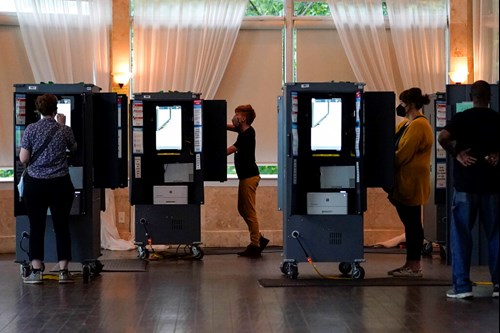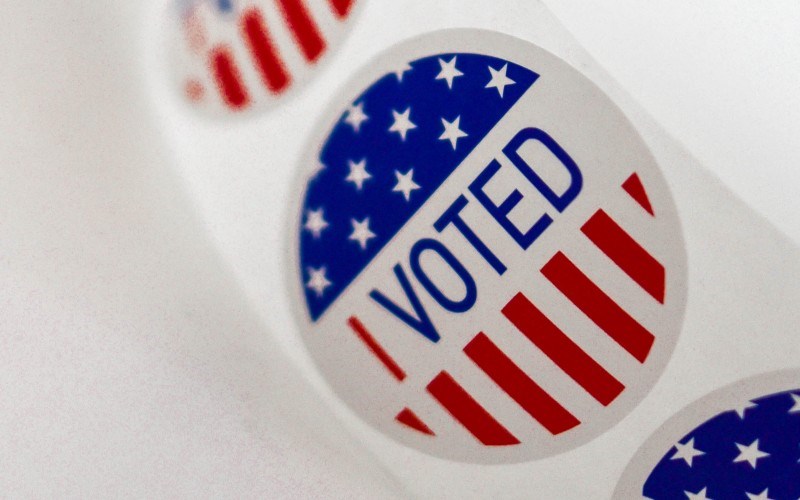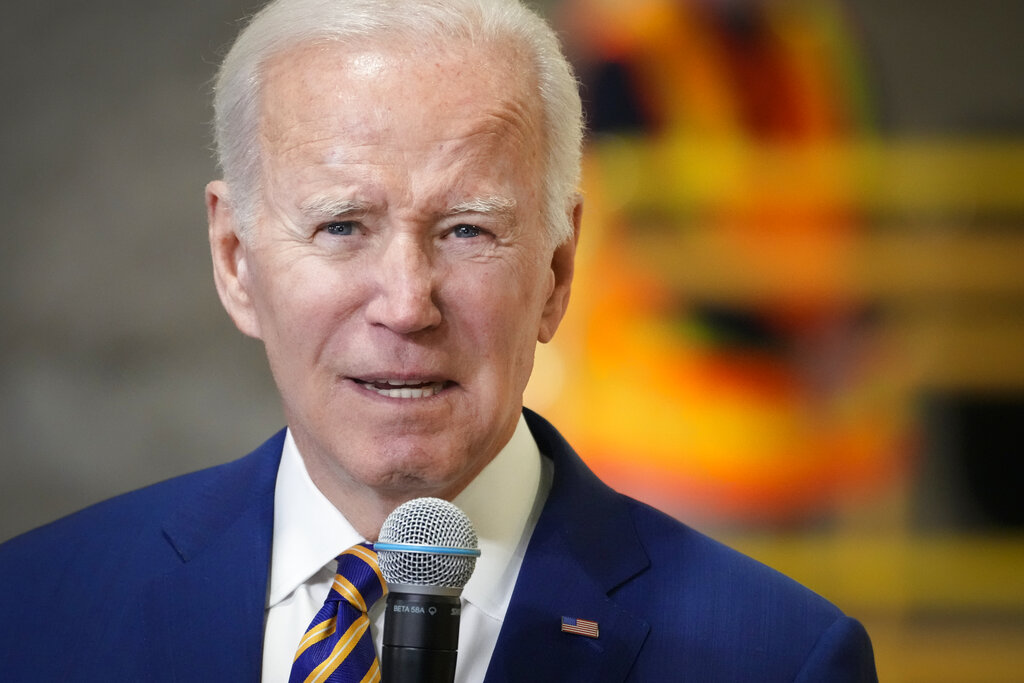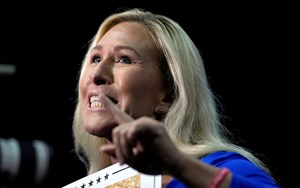The southern border, the economy and social issues will no doubt be on voters' minds late this year, but Jason Snead believes a different issue should stand above all others: election integrity.
Concerns and challenges by former President Donald Trump to the 2020 election have caused many states, if they weren't doing it already, to review their processes heading into this campaign year.
"This is easily a top-five issue. Even though each one of us has issues that aren't directly related to elections that we may be very passionate about, if we don't get elections right none of those other issues matter," Snead, the executive director of the Honest Elections Project, said on Washington Watch Friday.
Snead told show host Jody Hice that there's a wide gap between the Left's approach and the Right's willingness to embrace the status quo of elections.
"That's something that the Left frankly understands," Snead acknowledged. "They understand if they can change the rules and change the process, they can change the results of the elections – and that's why they're trying everything that they can to rewrite our election rules.

"If they can't get it done in legislatures, they run to courts. They get judges, often activist judges, to issue rulings that essentially rewrite election laws. They're trying to do that in Georgia, in Florida, in key battleground states right now," he added.
One current strategy of the Left, according to Snead, is the use of "Zuck Bucks" – a digital currency available through Meta platforms like Facebook – to fund questionable initiatives.
"This was a problem in 2020 with private money that was flowing into election offices and was being used for what looks like partisan get-out-the-vote efforts from within government. Now they've got a new program, the U.S. Alliance for Election Excellence, which is active in a number of states, including states like Georgia which have banned this problem," Snead said.
Perhaps the greatest concern right now, according to Snead, is the push for ranked-choice voting (RCV), which changes the way votes are counted.
What is ranked-choice voting?
RCV allows voters to rank candidates in order of preference on their ballots. If no candidate receives 50% of votes outright, a new counting process begins. The candidate with the least votes is eliminated, and that candidates' votes are redistributed.
Federal elections and most others in the U.S. currently used what's known as the "plurality" system, which allows voters to recognize only one candidate. Proponents of ranked-choice voting claim the plurality system doesn't always reflect the true will of the people.
Critics, however, say RCV is difficult to understand and keeps voters from maximizing their influence in elections – thereby making it easy for people or parties with bad intentions to game the system.
 As of 2023, only Alaska and Maine used ranked-choice voting, but RCV was in play in a number of cities and counties and impacted roughly 11 million voters nationwide.
As of 2023, only Alaska and Maine used ranked-choice voting, but RCV was in play in a number of cities and counties and impacted roughly 11 million voters nationwide.
"We see other attempts to completely change the way we conduct elections with ranked -choice voting. Potentially ten states will have the opportunity to vote on a constitutional amendment being pushed from the Left to fundamentally alter elections with this new system," Snead said.
Last month Larry Jacobs, a political science professor at the University of Minnesota, told National Public Radio that RCV is the "hot reform" on the radar of many people.
"It's being driven by a deep, almost existential panic about the demise of American democracy. People are looking around to see what's going to respond to this, and ranked -choice voting is the 'it' reform at the moment," Jacobs said.
Roughly 50 voting jurisdictions have moved to RCV according to tracking by FairVote. Six southern states (Arkansas, Louisiana, Mississippi, Alabama, Georgia and South Carolina) use RCV in a limited manner for military and overseas voters.
Kudos for Florida and Georgia
Snead highlighted Florida and Georgia as states that have been proactive in updating their election laws.
"We saw just this week that Florida has removed a significant number of outdated registrations pursuant to a new law they just adopted to make that process easier," he pointed out. "Florida also created a unit to allow it to investigate potential election malfeasance, and that's something that more states need to be doing because all too often potential election crimes go uninvestigated and unprosecuted."
Georgia has placed an emphasis on its laws for mail-in ballots, among other things, Snead said.
"This year, Georgia is considering some additional changes to their election laws that would strengthen and improve the process for all voters, and that includes potentially even changes to the absentee system," said Snead.
"This is something more states need to look closely at. It's important to protect vulnerable mail votes to make sure that if you're submitting a ballot by mail, you can be sure that ballot is actually going to be counted … that it isn't going to be tampered or interfered with by vote-trafficking or other operations."
Related report by the Honest Elections Project:
Safeguarding Future Elections: Critical Reforms to Secure Voter Integrity
and Rebuild Confidence in American Elections







